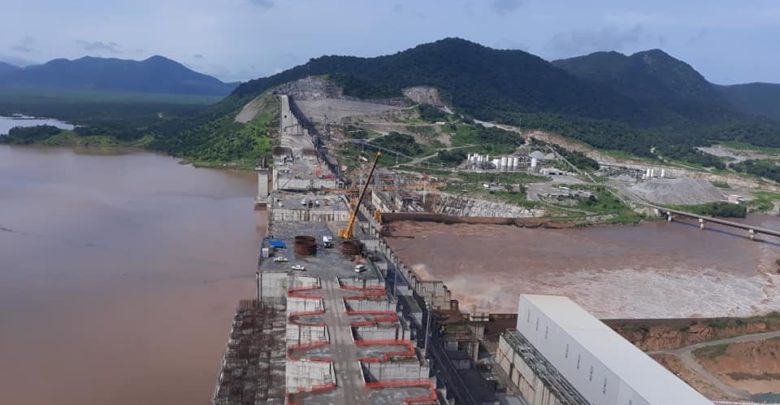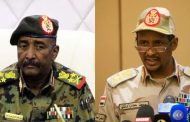The United Nations Security Council is set to discuss a bitter regional dispute over a massive dam built by Ethiopia on the main tributary of the Nile River.
The Grand Ethiopian Renaissance Dam (GERD) is the source of an almost decade-long diplomatic standoff between Ethiopia and downstream nations Egypt and Sudan. Ethiopia says the project is essential to its development, but the governments in Cairo and Khartoum fear it could restrict their citizens’ water access.
Thursday’s open session comes after Egypt and Sudan turned to the 15-member body as Ethiopia began this week the second stage of filling GERD. The government in Addis Ababa insists the African Union (AU) should resume handling the talks.
On Tuesday, the UN called on the three countries to recommit to talks on the project’s operation and urged them to avoid any unilateral action.
“Solutions to this need to be guided by example … by solutions that have been found for others who share waterways, who share rivers, and that is based on the principle of equitable and reasonable utilisation and the obligation not to cause significant harm,” UN Secretary-General Antonio Guterres’s spokesman, Stephane Dujarric, told reporters in New York.
The Arab League announced last month it was backing Security Council intervention, despite Ethiopia’s insistence that talks proceed under an ongoing process led by the AU.
Before Thursday’s session, Tunisia circulated a draft resolution calling on Ethiopia to cease filling the GERD’s reservoir and pushing for a binding agreement between the three sides on the operation of the dam within six months.
However, a senior Ethiopian diplomat in New York told the Reuters news agency that the resolution would “effectively scuttle” the AU-led mediation process between the three countries, and Ethiopia was working to make sure that it would not be adopted.
The Security Council will hear from ministers from three countries, as well as its member states. It will also be briefed by the UN special envoy for the Horn of Africa, Parfait Onanga-Anyanga, UN environment chief, Inger Andersen, and a diplomat from the Democratic Republic of the Congo, which holds the AU presidency.
The foreign minister of Egypt, which relies on the Nile for almost all of its water needs, said he will urge the council to require Egypt, Sudan and Ethiopia to negotiate a binding agreement on the issue.
Shukry told The Associated Press news agency on Wednesday Egypt and Sudan called for the Security Council meeting in light of “the existential threat” to the people of both countries from the dam.







